View all filters
Clear
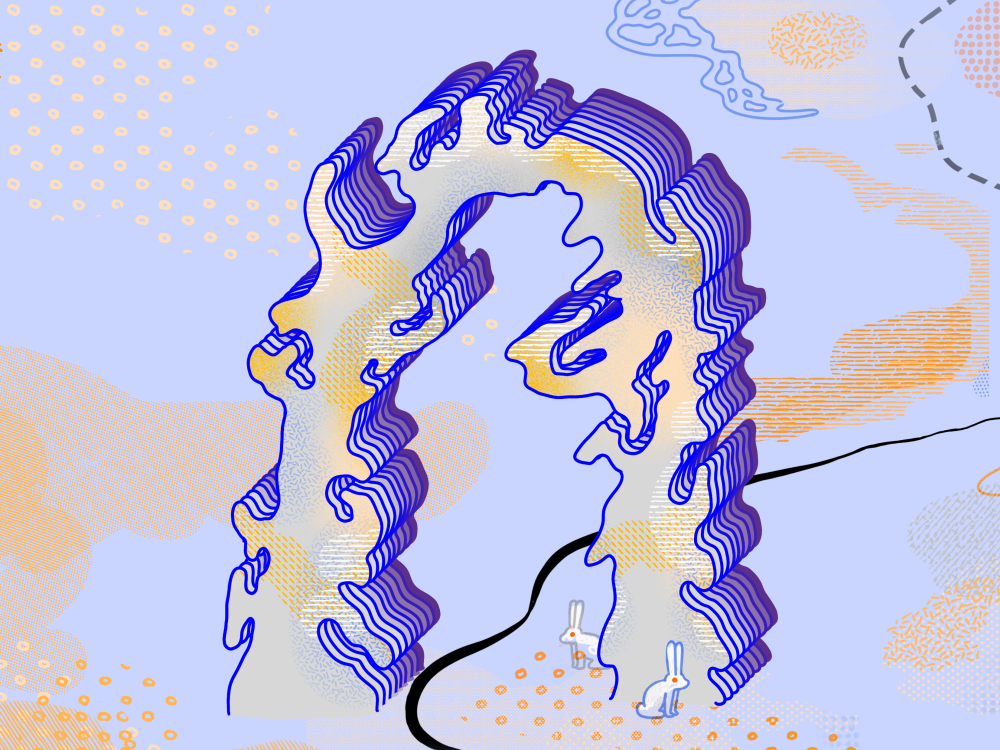
Through the Rabbit Holes
Wander into magical realms and fantastical worlds where reality is constantly redefined or questioned
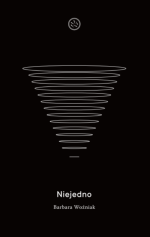
Lo ambiguo
Translated from
Polish
to
Spanish
by Teresa Benítez
Written in Polish by Barbara Woźniak
13 minutes read
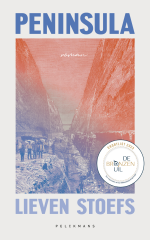
Corridoio (Peninsula)
Translated from
Dutch
to
Italian
by Matilde Soliani
Written in Dutch by Lieven Stoefs
8 minutes read
Morana
Translated from
Czech
to
Polish
by Agata Wróbel
Written in Czech by Lucie Faulerová
8 minutes read
La fanciulla morte
Translated from
Czech
to
Italian
by Elena Zuccolo
Written in Czech by Lucie Faulerová
10 minutes read
Natalya
Translated from
Portugese
to
Italian
by Francesca Leotta
Written in Portugese by Valério Romão
5 minutes read
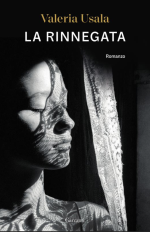
Zatajena
Translated from
Italian
to
Slovenian
by Zarja Lampret Prešeren
Written in Italian by Valeria Usala
9 minutes read
Pola života
Translated from
Dutch
to
Serbian
by Aleksandar Đokanović
Written in Dutch by Aya Sabi
7 minutes read
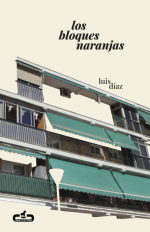
cihlové bloky
Translated from
Spanish
to
Czech
by Markéta Cubrová
Written in Spanish by Luis Díaz
7 minutes read
En casa
Translated from
Dutch
to
Spanish
by Daniela Martín Hidalgo
Written in Dutch by Lisa Weeda
7 minutes read
17, 18
Translated from
Serbian
to
Polish
by Aleksandra Wojtaszek
Written in Serbian by Marija Pavlović
7 minutes read

Podosta
Translated from
Polish
to
Serbian
by Milica Kozić
Written in Polish by Barbara Woźniak
10 minutes read

Meine Mutter hat Blumen gezüchtet (I presupposti non contano)
Translated from
Serbian
to
Italian
by Katarina Mitić
Written in Serbian by Ljiljana D. Ćuk
6 minutes read
Dům v Haifě
Translated from
Slovenian
to
Czech
by Kateřina Honsová
Written in Slovenian by Andraž Rožman
8 minutes read
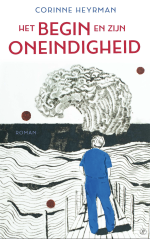
Začetek in njegova neskončnost
Translated from
Dutch
to
Slovenian
by Tina Jurman
Written in Dutch by Corinne Heyrman
8 minutes read
S pticami si delim nebo
Written in Slovenian by Agata Tomažič
8 minutes read
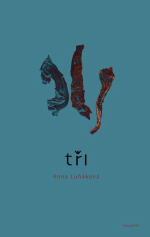
TRE!
Translated from
Czech
to
Italian
by Marco Maria Baù
Written in Czech by Anna Luňáková
8 minutes read
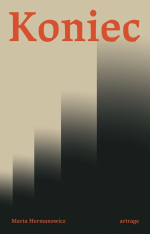
Până la Capăt
Translated from
Polish
to
Romanian
by Oana-Andreea Stoe
Written in Polish by Marta Hermanowicz
13 minutes read
Comunismul văzut de copiii foarte mici
Written in Romanian by Andrei Crăciun
7 minutes read
O retrato
Translated from
Dutch
to
Portugese
by Lut Caenen
Written in Dutch by Hannah Roels
7 minutes read
Geen ogenblik Portasar
Translated from
Romanian
to
Dutch
by Jan Willem Bos
Written in Romanian by Cătălin Pavel
10 minutes read